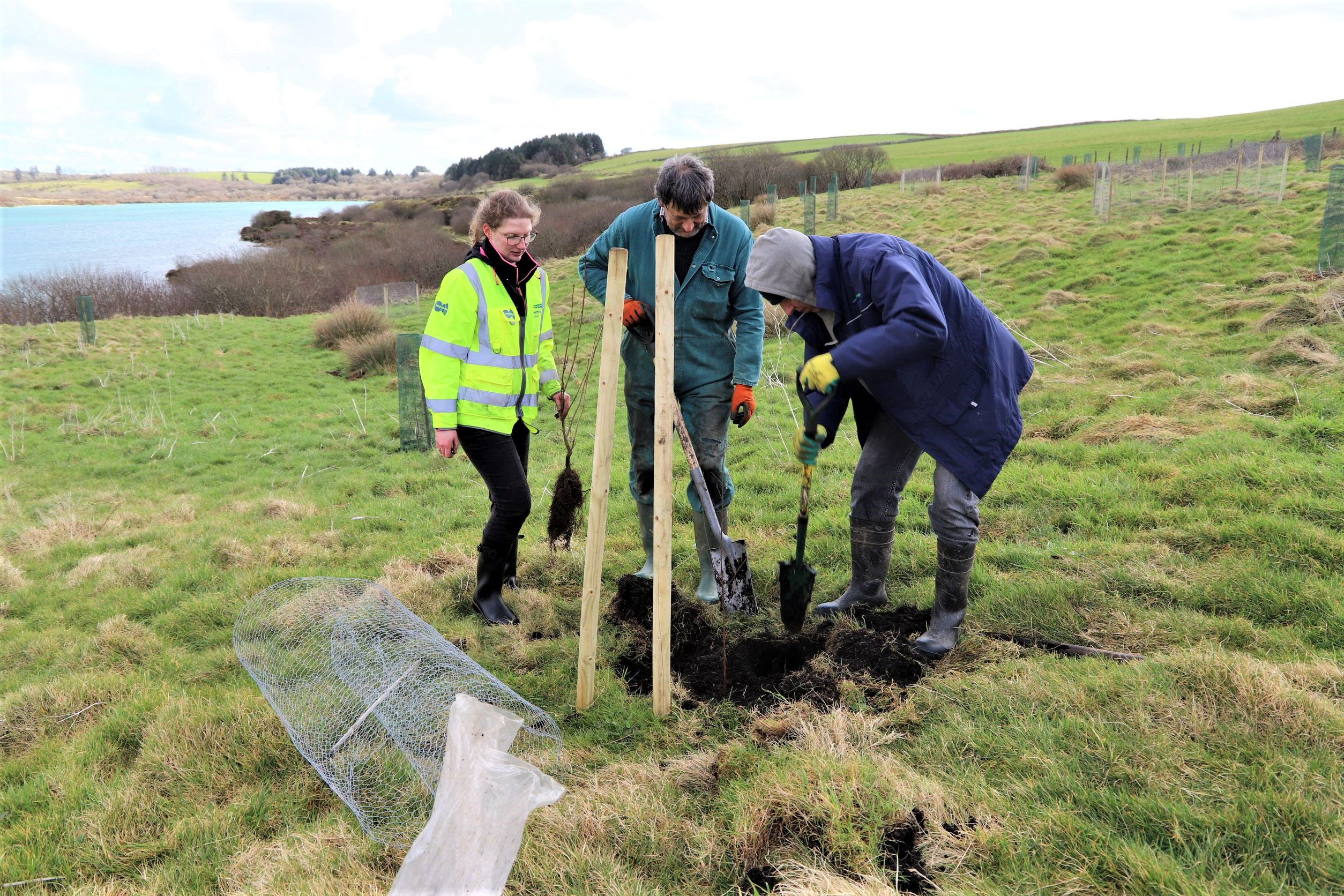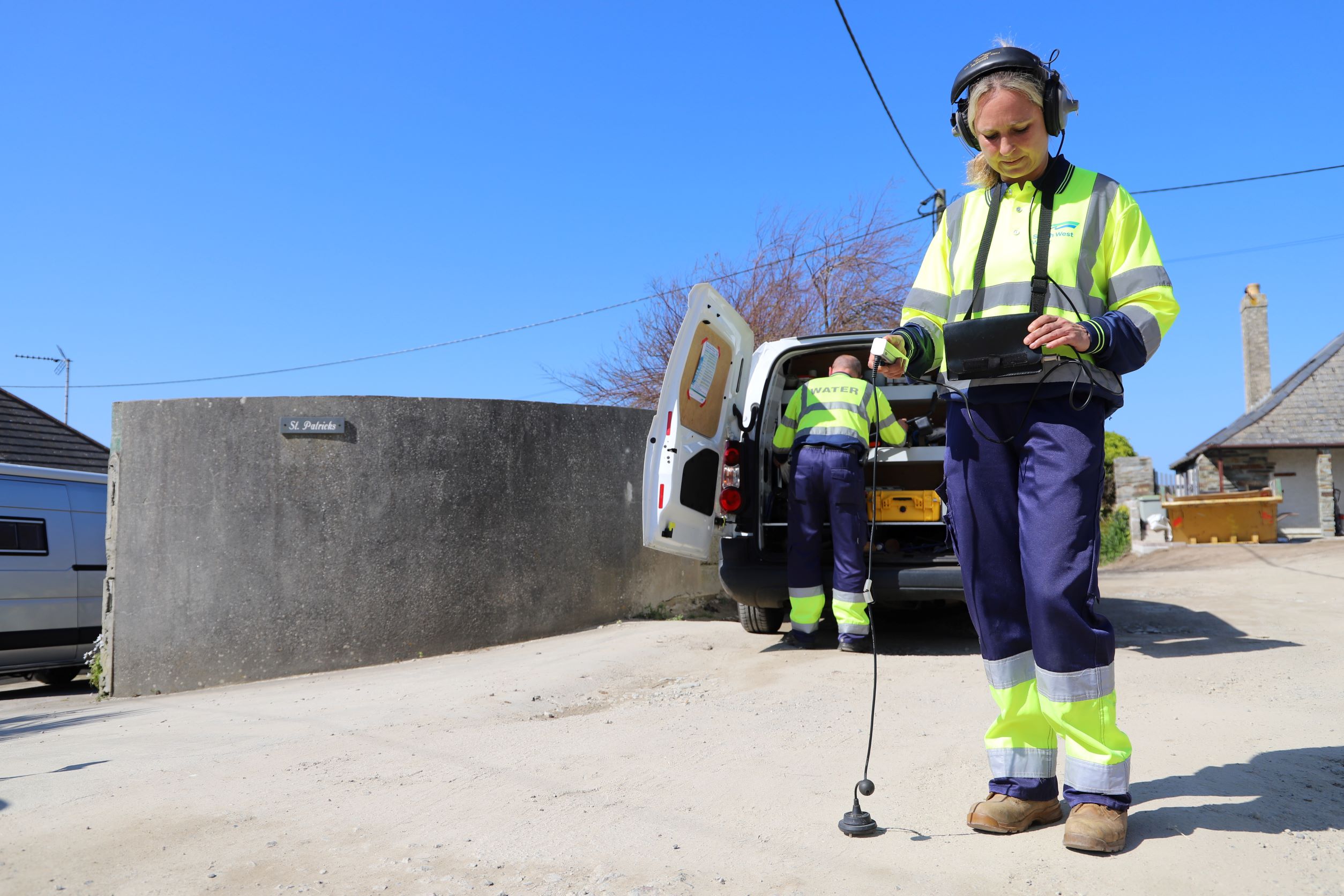Catchment Systems Thinking Co-operative (CaSTCo) Project
This is an exciting project that will transform our Natural Solutions strategy. Working with local partners including West Country Rivers Trust and Devon Wildlife Trust, and other water companies nationally, this project aims to create a decision-making model designed to identify the best natural solutions to area-specific issues (e.g. soil runoff, flooding etc). With this tool in place, we could make more effective project choices to help us achieve our aims in combatting climate change, achieving Net Zero, creating resilient infrastructure systems, and increasing our public engagement opportunities.

Leakage Prediction Project
This is a PhD research project that aims to drastically improve leak prediction. The project will draw together data about our drinking water infrastructure to produce a ‘heatmap’ model that will show high-risk areas on our network where leaks are more likely to occur. This is something that has not been available for our network until now. If successful, South West Water will implement this tool in their day-to-day operations to better find and fix the invisible, long-term leaks the network suffers from.

South West Water is investing £10.4 million into the project, and grant from Research England takes the total of this co-investment up to £20.9 million.
We are very excited for the potential this work has to bring vital improvements to our networks in the South West, across the UK, and in some instances, globally.
See more at www.exeter.ac.uk/creww/

